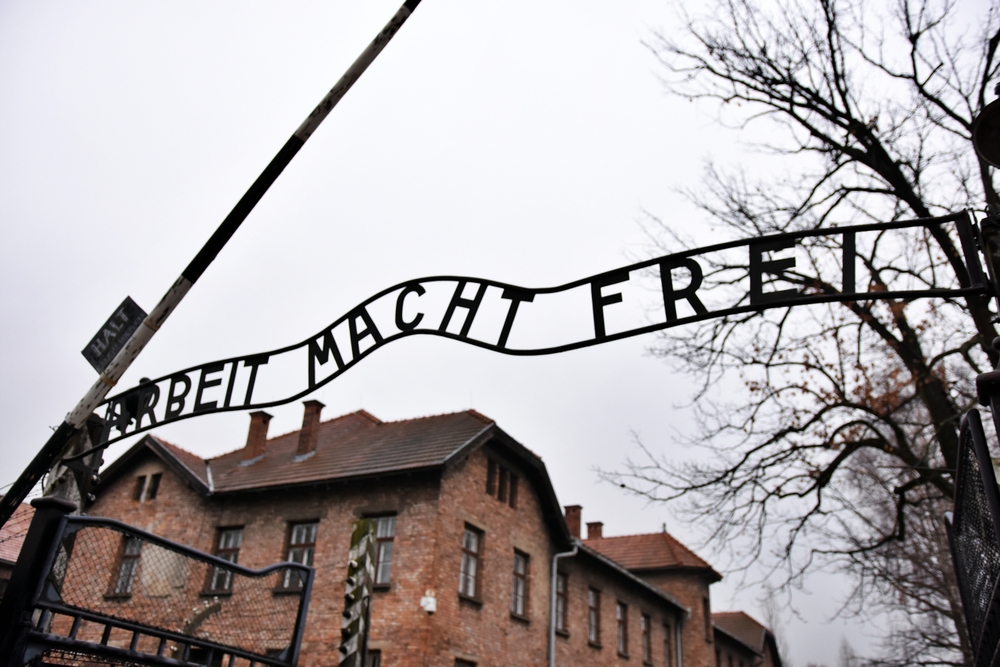The event’s preparations have stirred some political discussions.
Others are reading now
The Second World War left a profound impact on the world, shaping the way societies remember the past and work to prevent future atrocities.
Memorials and ceremonies play a critical role in keeping these memories alive, serving as reminders of both the horrors and resilience witnessed during those years.
One of the most significant sites tied to this history is Auschwitz-Birkenau, a symbol of the Holocaust’s unimaginable tragedy and the strength of its survivors.
Also read
No Political Speeches
January 27 marks the 80th anniversary of Auschwitz’s liberation.
This year, organizers have decided that only survivors will speak during the ceremony, marking a departure from previous commemorations.
Piotr Cywiński, director of the Auschwitz-Birkenau Memorial and Museum, shared the reasoning behind this choice.
“We want to focus on the survivors who are still with us, on their pain, their trauma, and the moral lessons their experiences leave for the present,” he said, according to Digi24.
The event’s preparations have stirred some political discussions.
Recently, debates arose concerning whether Israeli Prime Minister Benjamin Netanyahu could safely attend due to an International Criminal Court warrant.
Polish Prime Minister Donald Tusk addressed these concerns, assuring that any Israeli leader, including Netanyahu, would be welcomed without issue.
Russia, a nation traditionally present at such events, was not invited this year.
Cywiński pointed to the war in Ukraine as a major reason, stating that it would not be fitting for a country engaged in such actions to attend a ceremony dedicated to liberation.
The Auschwitz memorial, located in Oświęcim, Poland, preserves the camp’s original buildings and the ruins of its extermination facilities.
Artifacts such as piles of human hair, suitcases, and personal belongings reveal the stories of the 1.1 million victims killed there, most of whom were Jewish.


